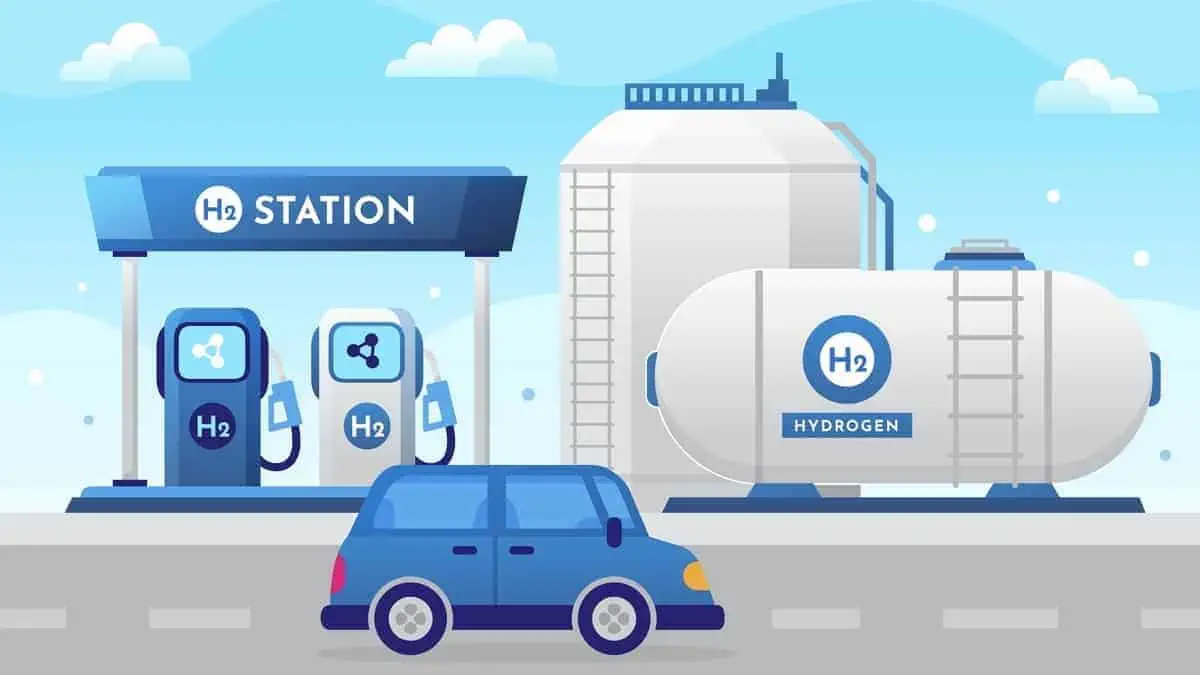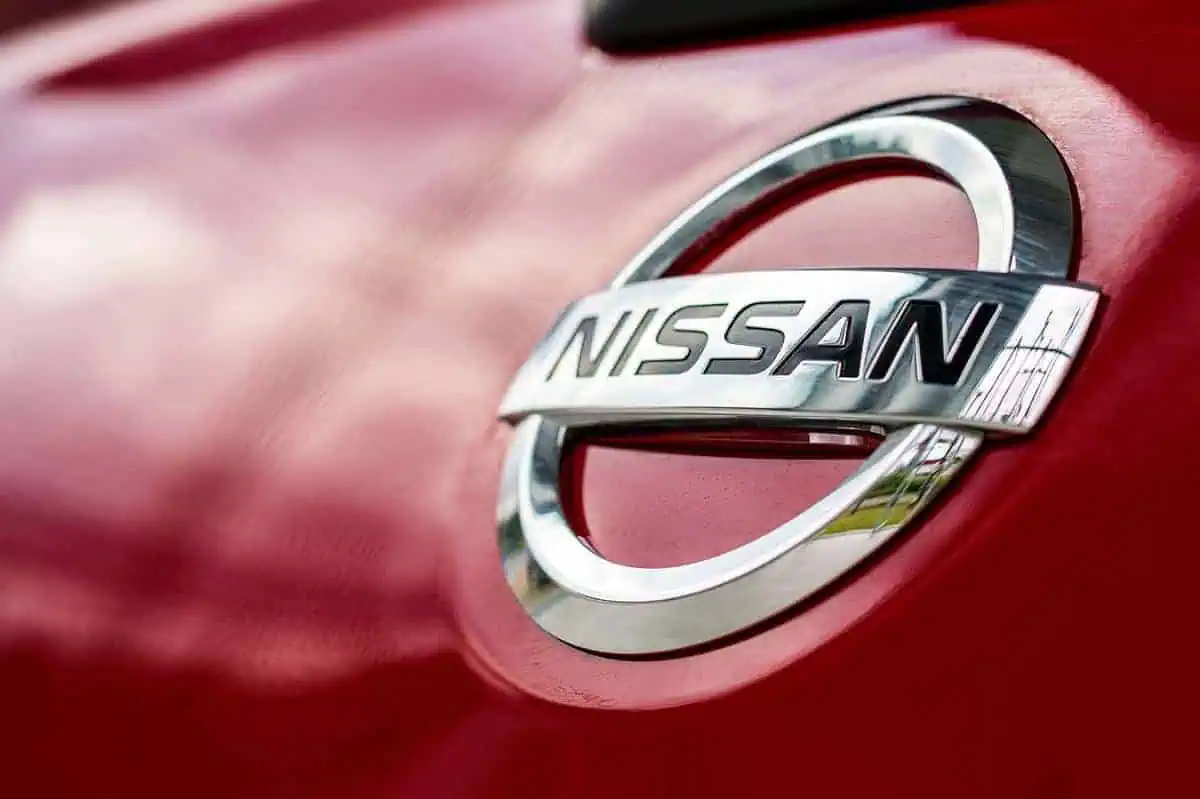The Australian Renewable Energy Agency (ARENA) invested $50 million in funding for the research in four hydrogen projects under the German-Australian Hydrogen Innovation and Technology Incubator (HyGATE) program on January 27.
Likewise, Germany also allocated another €50m for the joint funding deal on Friday.
For context, both countries committed $50m and €50m for the HyGATE program in June 2021 when they signed a bilateral alliance. The program opened in March of last year.
The four projects include the first solar methanol plant in the world and 0 MW hydrogen electrolyzed. Notably, it will supposedly use Australia’s first major solar thermal project in Port Augusta. In Queensland and New South Wales, two of the green hydrogen projects are the culmination of potential gigawatt-scale projects.
This joint funding deal is expected to lower costs in renewable hydrogen production.
“These projects demonstrate Australia’s role as a world leader in renewable energy production, reducing the cost of hydrogen production and paving the way for exports.”
Chris Bowen MP, Minister for Climate Change and Energy
Green hydrogen projects at a two-gigawatt scale
Edify Energy-Siemens Energy partnership will develop the EGH2 project in Townsville, north Queensland. It is the first phase of the anticipated 1 GW green hydrogen manufacturing facility, which will use the Port of Townsville to export hydrogen worldwide.
EGH2 will enable renewable hydrogen production with the aid of a 17.5 MW Siemens Energy electrolyzer and 21 MW of solar PV. The project will supposedly improve the wider Australian-German supply chain.
“Australia’s place on the world stage as a leading provider of green hydrogen is taking shape and we look forward to doing what we do best – delivering the economic, environmental, and social benefits of green hydrogen to communities of Northern Queensland and the world.”
Edify Energy CEO John Cole
In Illawarra’s New South Wales region, an 800,000 ktpa green ammonia production and another gigawatt-scale electrolyzer project are planned. Notably, the Atco ScaleH2 project is the first step toward those projects.
A strategy for a hydrogen export value chain from New South Wales to German consumers will be developed and implemented as part of this project.
“We’re excited to be able to announce the first four hydrogen projects we think best represent the possibilities of global collaboration to achieve a new export industry in renewable hydrogen and push us further towards the goal of net zero emissions.”
ARENA CEO Darren Miller
Importance of renewable hydrogen production
The most prevalent substance in the cosmos is hydrogen, mostly employed as a raw material in industries. At the moment, methane is used as a primary fuel to make hydrogen, which is a process that produces a lot of pollutants.
Thus, producing hydrogen from renewable sources is crucial for its application in the green energy transition. As we are all aware, renewable hydrogen can lower emissions in industries, particularly transport.
HyGATE capitalizes on the advantages of each country. Regarding the production and export of clean hydrogen, Australia is viewed as a potential global leader. Meanwhile, Germany is a leader in hydrogen technology and has big plans for hydrogen imports in the future.
“Collaboration with Germany will help grow Australia’s hydrogen export market and support our nation’s vision of becoming a renewable energy superpower.”
Chris Bowen MP, Minister for Climate Change and Energy
This joint project marks another major advancement in hydrogen technology. Hopefully, this will be a success that can significantly improve the hydrogen supply chain worldwide.
“With our joint initiatives HySupply and HyGATE, we laid the foundation for a long-term German-Australian hydrogen partnership early on. My goal is that the first delivery will arrive in Germany by 2030 at the latest. Today, we are a big step closer to implementing a hydrogen supply chain from Australia to Germany.”
Bettina Stark-Watzinger, German Federal Research Minister






